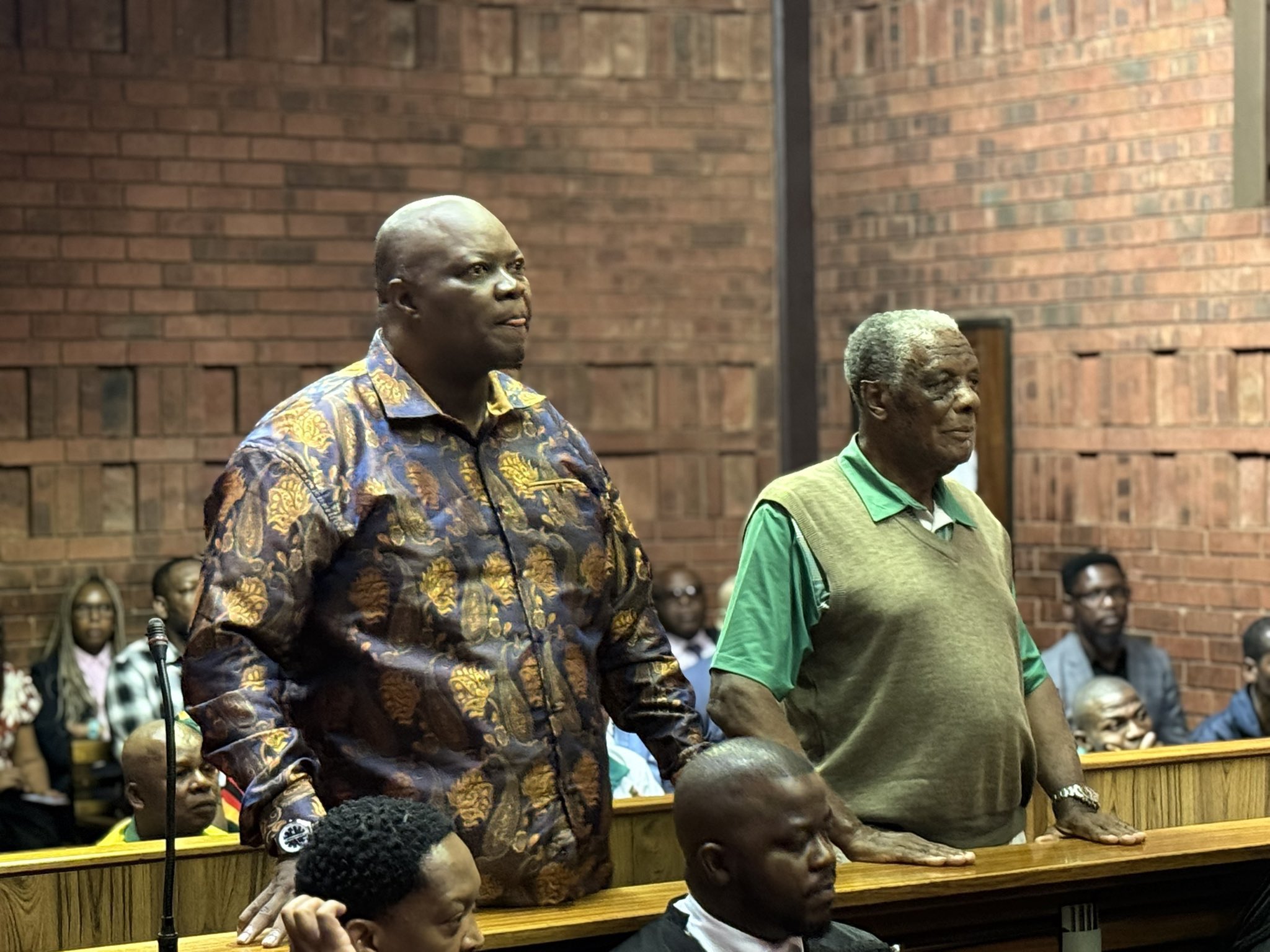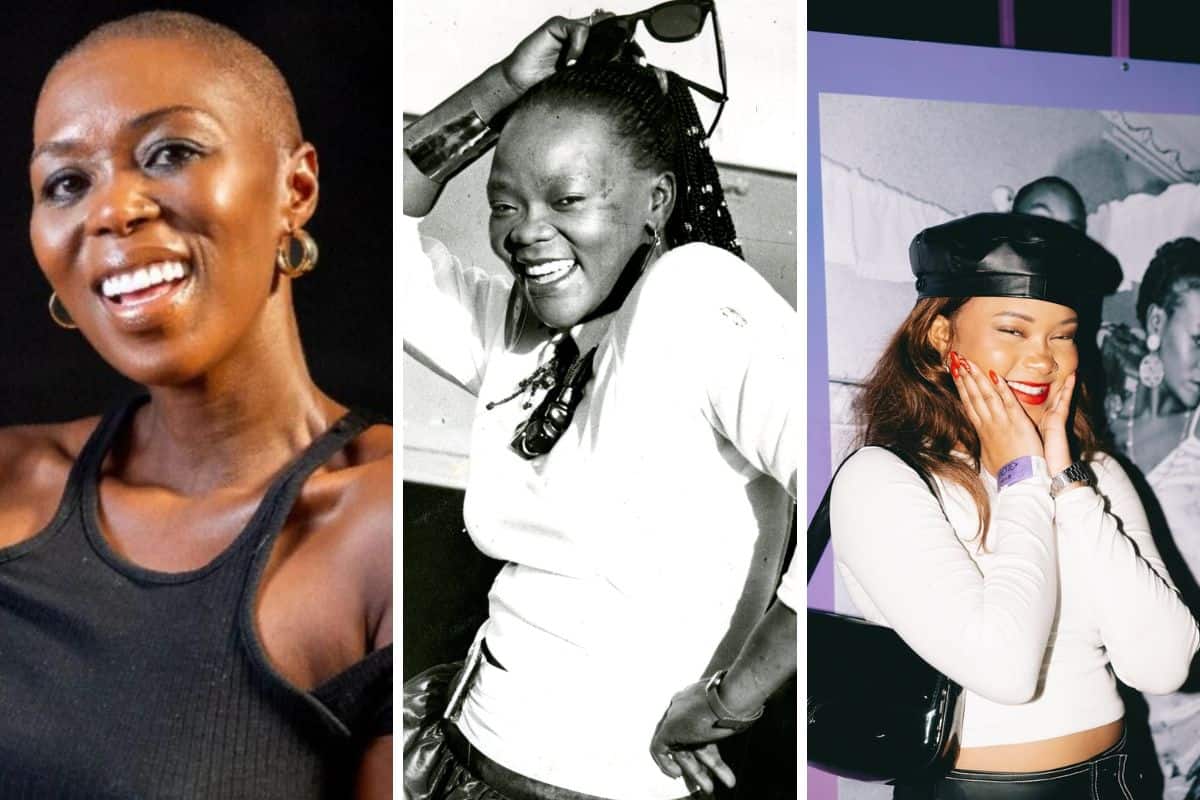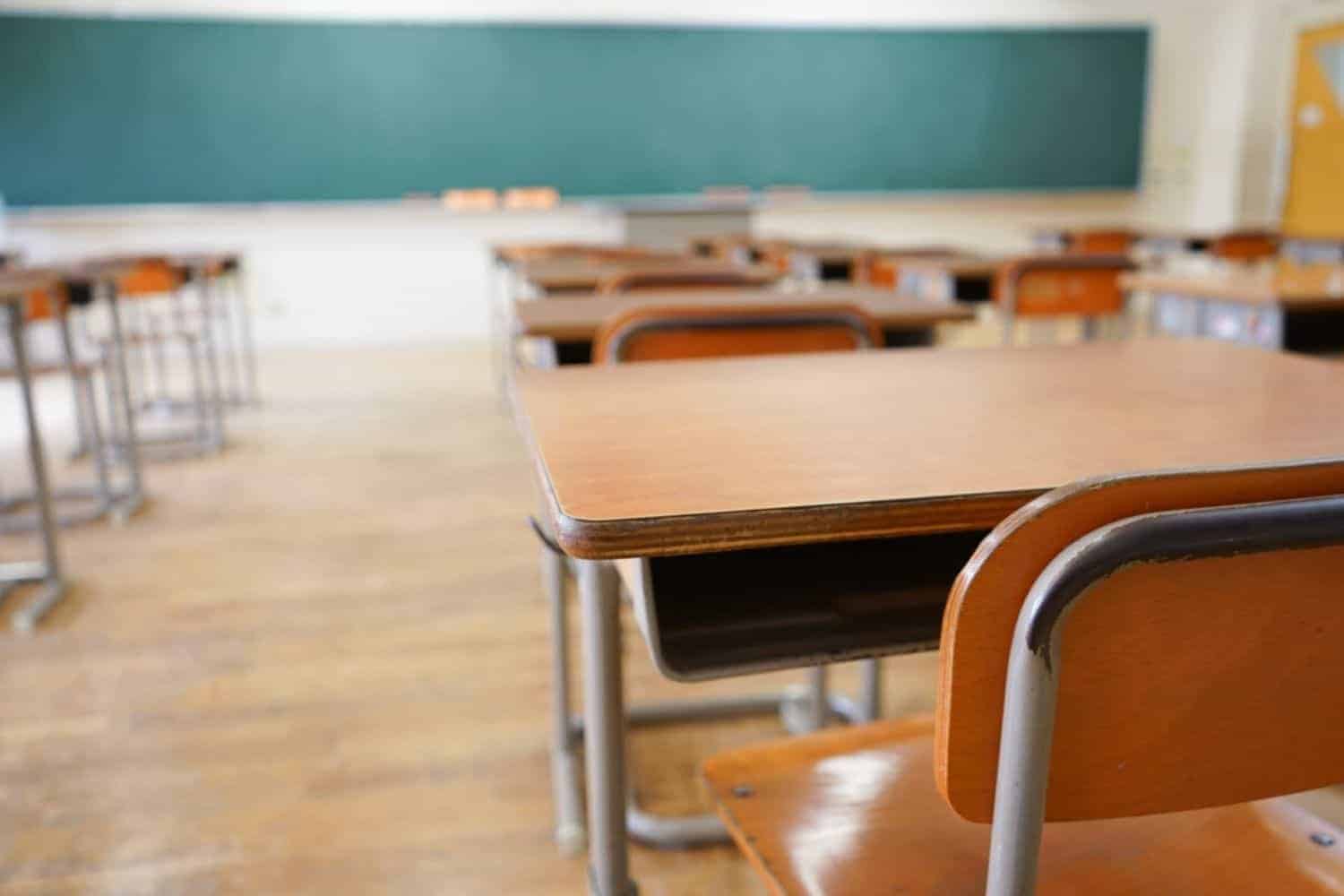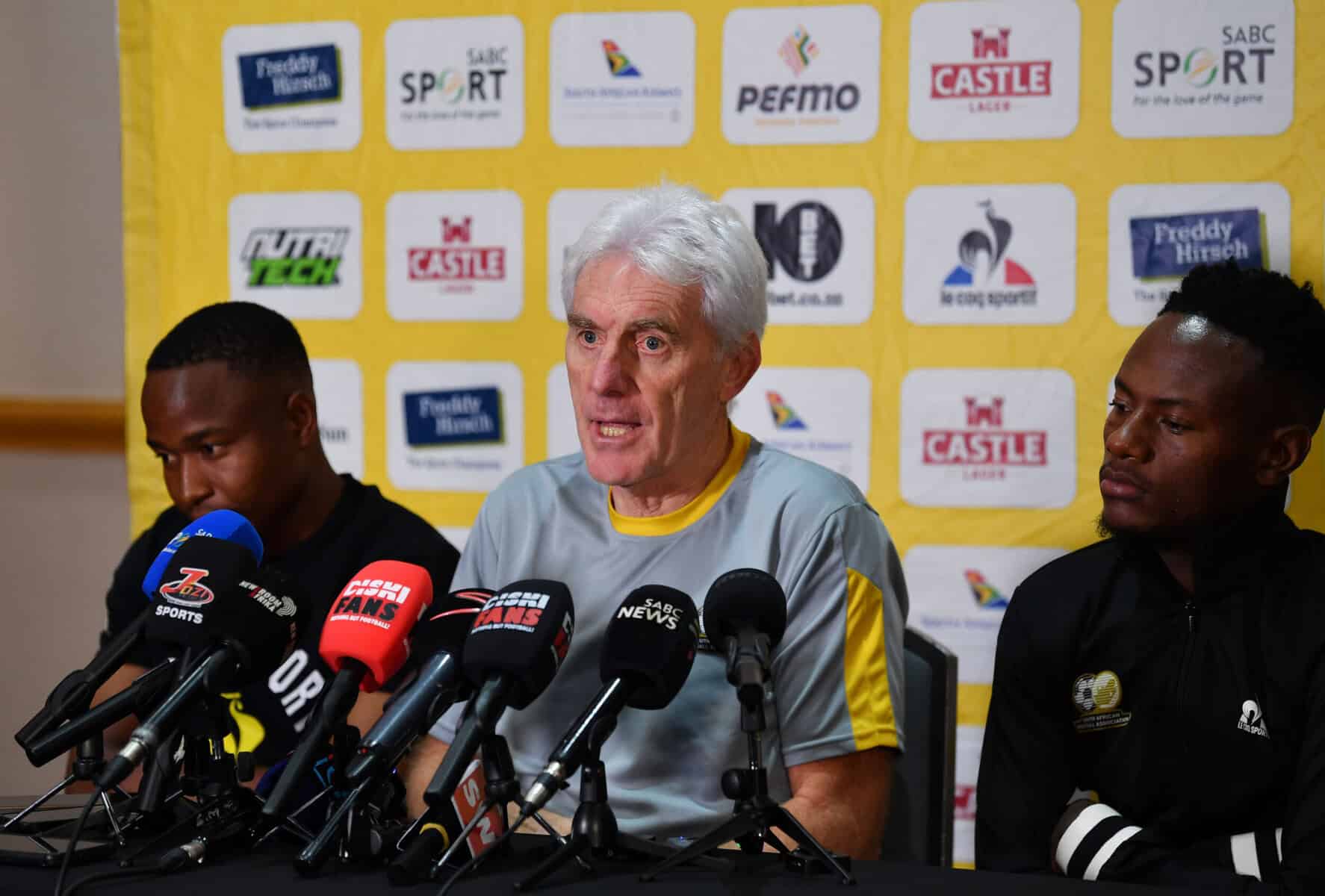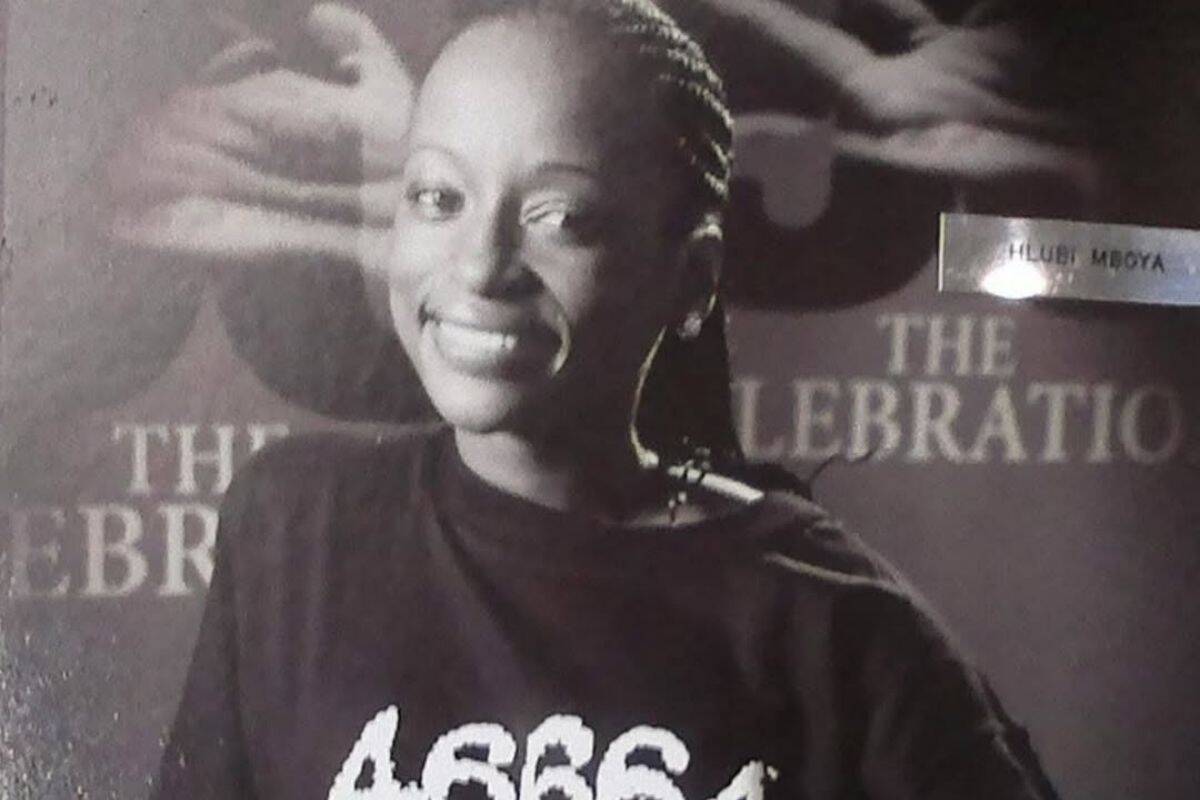I’m for education for all — but at what cost to South African children?
How is it that South African children must wait, but foreign nationals can be placed immediately? Is South Africa prioritising foreigners over its own?
Imagine being told your child can’t start school on time because you’re missing a single document. While at the same time, children with no documents at all are welcomed into the classroom.
Sounds contradictory, doesn’t it?
Yet that’s precisely the situation many South African parents find themselves in following the Department of Basic Education’s latest regulations.
The Department of Basic Education (DBE) recently released a statement and new draft regulations clarifying that no foreign child may be denied access to education due to missing documents, as required by the Constitution and the South African Schools Act.
The statement sounded professional, yes, but it did very little to ease the growing frustration among many South Africans, especially parents with children in the public education system.
Are South Africans being left behind in their own country?
Every child deserves the right to learn and to build a future. But when this right begins to directly affect the opportunities of South African children, things become tricky.
Every year, we watch South African parents struggle to get their children admitted into public schools, often because they are missing one or two documents.
This is not an exaggeration; the Gauteng Department of Education reported in December 2024 that about 19 000 applications were incomplete, meaning students could not be placed for the 2025 academic year, before being given a chance to redo the admissions process.
Additionally, in January 2025 more than 1 600 students were not placed in Limpopo, according to its provincial education department.
Many children only get a seat months into the school year.
Yet now, regulations say that undocumented foreign nationals can be admitted into public schools, even if their parents cannot produce documentation at the time of admission.
According to the DBE’s statement, principals must accept them and assist in regularising their paperwork later.
How is this fair? How is it that South African children must wait, but foreign nationals can be placed immediately? Is South Africa prioritising foreigners over its own?
ALSO READ: Education department warns parents against fraudsters offering fake school placements
Overcrowding, empty promises
Already, most of our public schools are bursting at the seams.
Overcrowding has become the norm rather than the exception. The education department has, for years, spoken about building more schools, but these promises haven’t translated into reality.
In 2024, the Gauteng Education Department promised 20 schools by 2029. Question is: have they started building them?
Now, with these regulations in place, how will our schools look in five years time? Where is the practical plan to ensure that both groups of students receive quality education?
Minister’s response: dismissive at best
What made matters worse was Minister Siviwe Gwarube’s response on X (formerly Twitter).
“The laws of the country are technically crafted by you, for you. This is done through your elected public representatives in Parliament… Design the country you want; participate in the lawmaking process.”
Instead of offering reassurance, her tone came across as shallow and dismissive.
She’s right about the lawmaking process, but South Africans aren’t looking for a constitutional lecture; we were looking for leadership, a comforting response, and a sign that she understands the frustration of parents who see their children being left behind year after year.
She also said, “Hold your MPs to account for the decisions they make on your behalf.”
And that’s exactly what people are doing, holding her, as the new minister, accountable.
A policy without a plan
No one is arguing against the right of every child to education. But rights must be implemented in a fair and sustainable manner.
Until the DBE fixes placement delays, overcrowding, and infrastructure shortages, this policy will feel like a slap in the face of many South Africans.
NOW READ: Public schools hit with funding cut: Concerns raised about ‘possibility of hiked fees’

